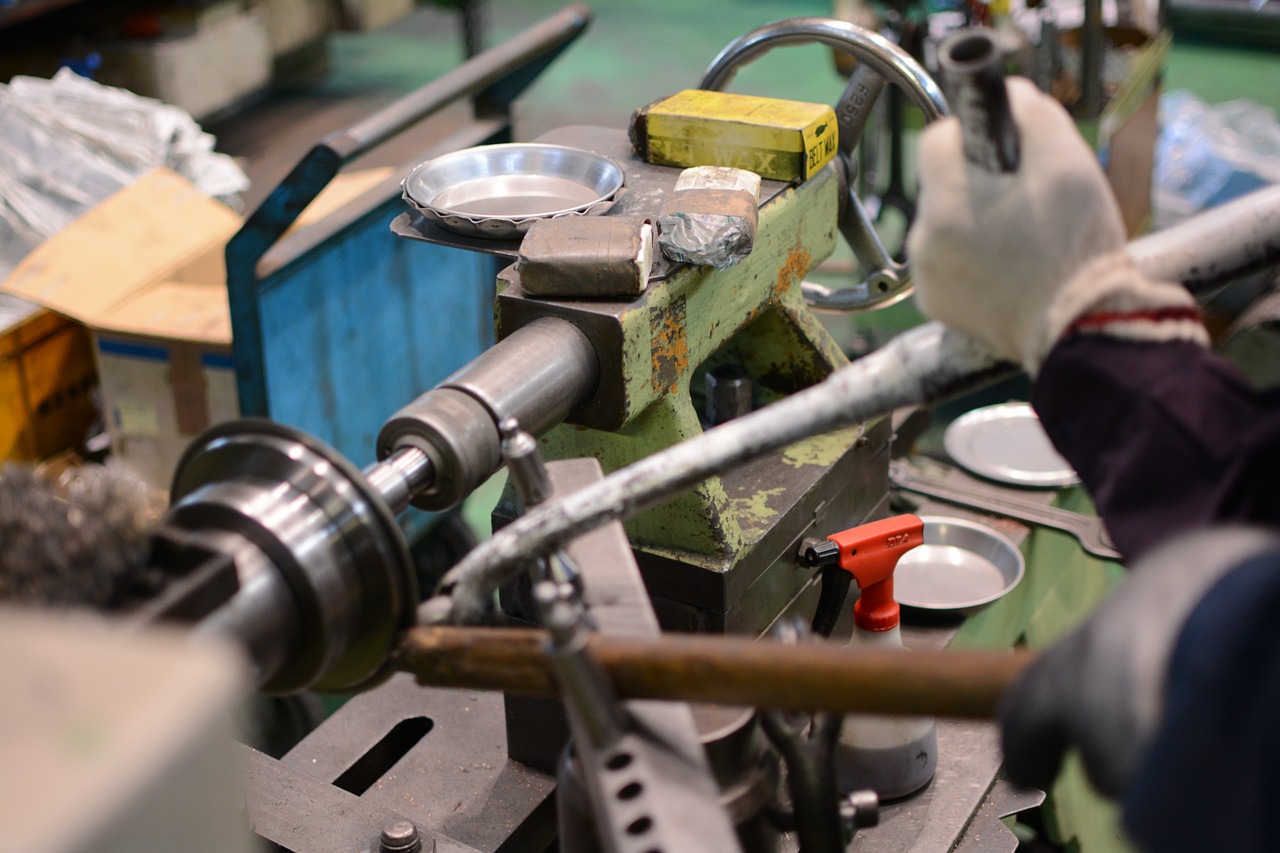How Many Jobs Will Robots Create In the Next Decade?
If you’ve ever thought to yourself, “a robot could do my job,” just wait 20 years and you’ll likely find out that might actually be true. According to a recent report from PricewaterhouseCoopers LLP, 38% of jobs in the US could be automated by the 2030s, with those heavy in manual labor—like transportation and storage, manufacturing, and wholesale and retail trade—most at risk.
In a new research paper from Daron Acemoglu, an economics professor at Massachusetts Institute of Technology and Pascual Restrepo, an assistant professor of economics at Boston University and Ph.D candidate at MIT, published by The National Bureau of Economic Research, they estimate that “one more robot per thousand workers reduces the employment to population ratio by about 0.18-0.34 percentage points”—a figure that roughly translates to six job losses for every thousand workers. They also estimate that wages will decrease by 0.25-0.5 percent.
For workers in sectors like health, social work and education, there’s less to worry about. Robots may be skilled at performing repetitive tasks, but when it comes to displaying empathy, charisma, and dealing with the unpredictable, people are still superior. But for blue-collar workers, the future doesn’t look bright. According to Acemoglu and Restrepo, 670,000 manufacturing jobs were lost between 1990 and 2007 due to automation, and surprisingly, they didn’t find “positive and offsetting employment gains in any occupation or education groups.”
This particular finding contradicts the conclusions of Acemoglu and Restrepo’s previous paper, The Race Between Man and Machine: Implications of Technology for Growth, Factor Shares and Unemployment. The paper, published in 2016, theorized that job loss due to an increased use in robots will be offset by job gain through “the creation of more complex tasks.” They further argued that while “inequality increases during transitions”—a fact that continues to be true— “the self-correcting forces of the economy limit the increase in inequality over longer periods.”
If you’re wondering who’s coming out on top as the workforce becomes more reliant on robots, the answer is simple: the greatest benefits come to those who will no longer need to spend money paying their employees and to those who have the education and skillset to work in tech—namely, the already-wealthy. As Bloomberg reports, while job automation isn’t the only reason for the widening wage gap between upper and lower classes, it has definitely contributed to the problem as minimum wage workers are in industries ripe for a robot takeover.
Perhaps what’s even more frightening is the possibility that robots could become advanced enough to monitor other robots and perform quality control inspections, eliminating those jobs as well. Engadget recently reported that a partnership between IBM and ABB, an automation firm based in Switzerland could transform the chain of command on a factory floor. ABB’s press release explains that the new technology will “help companies address…some of their biggest industrial challenges, such as improving quality control, reducing downtime and increasing speed and yield of industrial processes. These solutions will move beyond current connected systems that simply gather data, to cognitive industrial machines that use data to understand, sense, reason and take actions supporting industrial workers to help eliminate inefficient processes and redundant tasks.”
While the automation of physical labor is the most obvious use of robots, engineers aren’t stopping there. Self-driving cars could reduce the need for truck drivers, and even legal sector positions could go the way of the bot by 2020. According to the 2016 Deloitte Insight report Developing legal talent: Stepping into the future law firm, some legal secretaries have already been replaced by virtual assistants, and “there is a significant potential for high-skilled roles that involve repetitive processes to be automated by smart and self-learning algorithms.” Although initially this will require human oversight, that may change later on.
Unfortunately, even with all the research, there seem to be few solutions in sight to thwart the impending job losses. It’s hard to guess how far automation can go, and while there are many sectors that seem to have immunity, who knows how much longer that’ll be the case—making it all the more important to enjoy your job while you have it!

